Punitive damages are intended to punish a defendant for their reckless or negligent behavior and deter both the defendant and others from engaging in similar conduct.
Nevada law allows for punitive damages in DUI (Driving Under the Influence) cases under NRS 42.010. This statute permits punitive damages to be awarded to victims of DUI car accidents in Nevada.
Understanding Punitive Damages in Drunk Driving Injury Cases
The primary purpose of punitive damages is twofold: deterrence and retribution. Deterrence aims to discourage the defendant and others from engaging in similar wrongful conduct by imposing a financial penalty significant enough to serve as a deterrent. Retribution seeks to punish the defendant for their wrongful actions, especially when they involve intentional misconduct, gross negligence, or malicious behavior.
Punitive damages are typically awarded in cases where the defendant’s conduct goes beyond mere negligence and is characterized by recklessness, willful misconduct, fraud, or malice. These damages are meant to hold the defendant accountable for their actions and send a message that society will not tolerate such behavior.
For a free legal consultation, call (725) 900-9000
Differences Between Compensatory Damages and Punitive Damages
Punitive damages differ from compensatory damages in both purpose and nature. Compensatory damages are designed to compensate the injured person for their actual losses or injuries suffered as a result of the defendant’s actions. These damages typically cover medical bills, lost wages, property damage, and pain and suffering.
On the other hand, punitive damages are not tied to actual losses but are imposed as a punishment against the defendant. While compensatory damages are intended to make the injured person whole again, punitive damages are intended to penalize the impaired driver and deter future wrongdoing.
Punitive damages are often awarded in addition to compensatory damages, although their availability and amount may vary depending on the jurisdiction and the specific circumstances of the case.
Factors Considered in Awarding Punitive Damages in Nevada
Courts consider several factors when determining whether to award punitive damages and the amount to be awarded. These factors may include:
- The nature and severity of the defendant’s misconduct: Courts assess the degree of reprehensibility of the defendant’s actions, considering factors such as whether the conduct was intentional, malicious, or fraudulent and the extent of harm caused to the plaintiff or others.
- The defendant’s financial condition: Courts may consider the defendant’s financial resources when determining the amount of punitive damages to be awarded, ensuring that the punishment is not overly burdensome but sufficient to deter future misconduct.
- The need for deterrence: Courts evaluate the need to deter similar conduct in the future, taking into account the specific circumstances of the case and the potential impact of punitive damages on deterring similar wrongdoing by the defendant and others.
- Any statutory or constitutional limits: Some jurisdictions impose caps or limitations on punitive damages awards, either through statutory law or constitutional principles, to ensure that punitive damages are not excessive or disproportionate to the defendant’s misconduct.
Overall, the decision to award punitive damages and the amount of such damages are highly discretionary and vary depending on each case’s specific facts and circumstances, as well as applicable legal standards and precedents.
Click to contact our personal injury lawyers today
Overview of Nevada’s Law Allowing Punitive Damages
To be eligible for punitive damages under NRS 42.010, the plaintiff must meet certain criteria. These criteria typically involve proving that the drunk driver’s conduct was particularly egregious or malicious. Specifically, the plaintiff must demonstrate one or more of the following:
- Oppression: This refers to conduct by the defendant that is so oppressive or abusive that it warrants punitive damages. Oppression may involve actions that demonstrate a disregard for the rights or safety of others.
- Fraud: Fraudulent conduct involves intentional misrepresentation or deception by the defendant, with the intent to deceive or defraud the plaintiff. This could include actions such as making false statements or concealing important information.
- Malice: Malicious conduct goes beyond mere negligence or recklessness and involves a deliberate intent to harm the plaintiff. Malice may be demonstrated by evidence of spite, ill will, or a conscious disregard for the rights or safety of others.
In addition to proving one of these elements, the plaintiff must establish their case with clear and convincing evidence, as required by NRS 42.010.
Complete a Free Case Evaluation form now
Challenges and Limitations When Seeking Punitive Damages for DUI Injuries in Nevada
These are some challenges of seeking punitive damages in a DUI case.
Burden of Proof
The burden of proof refers to the responsibility of a party in a legal case to provide evidence to support their claims. In simpler terms, it’s like saying who has to do the convincing in court. Typically, the burden of proof falls on the person making the accusation or claim.
In the context of punitive damages for DUI (Driving Under the Influence) in Nevada, the burden of proof is significant. Nevada’s laws require clear and convincing evidence to support the claim for punitive damages in DUI cases. This means that to be awarded punitive damages, the person bringing the lawsuit must present strong and convincing evidence that the person accused of DUI acted with extreme negligence, recklessness, or malicious intent while driving under the influence.
Potential Caps on Punitive Damages
Caps on punitive damages are limits set by laws or courts on the amount of extra money a plaintiff can get in civil cases to punish the defendant for bad behavior. These caps aim to stop defendants from being bankrupted by huge awards and keep punitive damages fair.
According to NRS 42.010, punitive damages can’t be more than three times the compensatory damages or $300,000, whichever is higher. This rule ensures the punishment fits the harm and stops overly generous awards.
Legal Complexity and Court Procedures
Navigating the legal system can be tricky, especially if you’re not a legal expert. Civil cases, like DUI punitive damages in Nevada, involve several rules and deadlines. In cases involving wrongful death benefits, the process can be even more complicated.
Having an accident attorney who knows the ins and outs of the legal process ensures your personal injury lawsuit goes smoothly, and you get fair financial compensation. They’ll help you understand the rules, handle paperwork, and argue your case effectively in court.
Call Van Law Firm Today for a Free Consultation
If you were injured in an accident with an intoxicated driver, the personal injury attorneys from Van Law Firm can explain how Nevada’s law regarding punitive damage awards applies to your case.
Contact us today to get started.
No obligation consultations are always free.
Let Us Help You! Call Now: (725) 900-9000Client Testimonials
Related Videos

